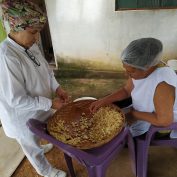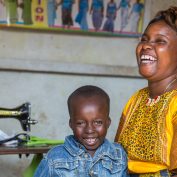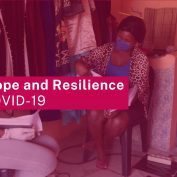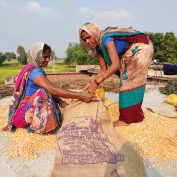
Partnerships Will Harness Technology and Innovation to Improve Opportunities for Cashew Farmers and Processors across West Africa
The USDA and TechnoServe will strengthen support to cashew growers and processors in Benin, Côte d’Ivoire, Ghana, and Nigeria









